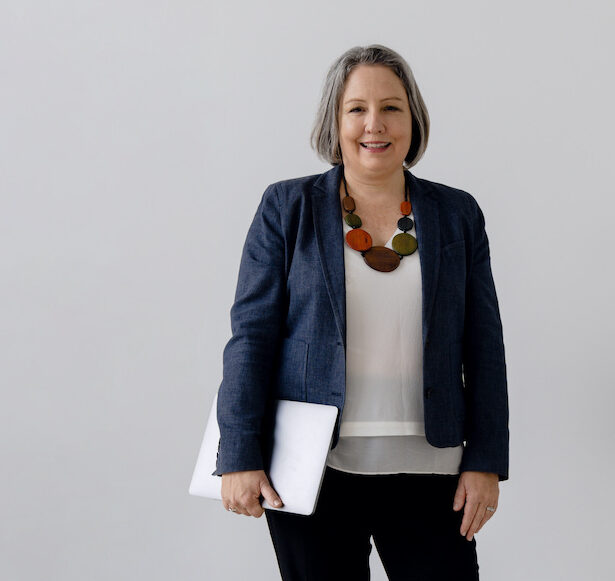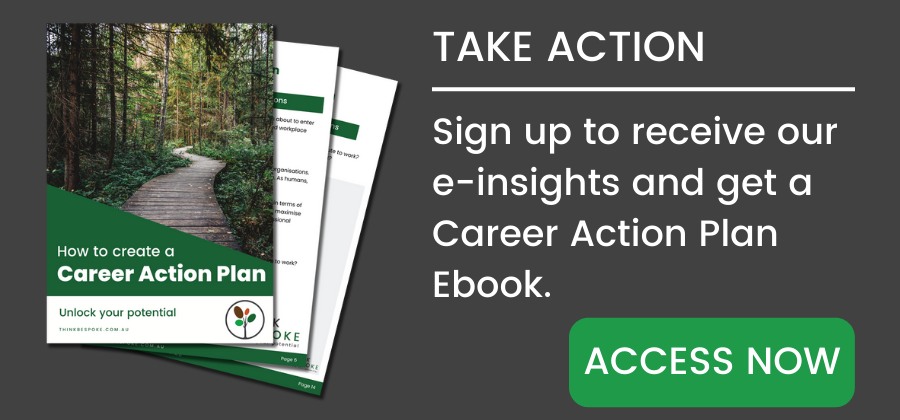Career Planning Tips for New Parents
In this article we explore career planning tips for new parents.
First of all, congratulations! Whether this is your first or third child, well done you for bringing humans into this wonderful world of ours. I have two children and it feels like yesterday that they were learning to walk and talk. Side note – they are now teenagers and one of them will soon be able to drive! Yes – it is true what they say, it does go very fast.
If you’re a new parent and thinking about restructuring how you engage with work to accomodate the cherubs in your life, this article is for you.
How Can New Parents Navigate Meaningful Work & Parenting?
My cousins, who are 10 years or so younger than me, tell me that, while on leave, they spent a lot of time thinking about their next career move and how to prepare for a potential change into more flexible work or positions in other industries that were more suited to their interests. While they may have enjoyed their work role prior to having children, they see the addition of new family members as an opportunity to reassess their career plans and how they want to integrate their work and family. I did the same thing and, while on maternity leave with my second child, I began my career change and re-trained at Monash University to become an educator.
Annabel Crabb’s ‘Men at Work: Australia’s Parenthood Trap’ in the 75th Edition of the Quarterly Essay explores how in the past half-century, women have revolutionised the way they work and live. But men’s lives have changed remarkably little. She asks why. Is it because men don’t want to change? Or is it because, every day in various ways, they are told they shouldn’t?
“Women’s surge into the workplace has been profound over the last century. But it hasn’t been matched by movement in the other direction: while the entrances have been opened to women, the exits are still significantly blocked to men. And if women have benefited from the sentiment that ‘girls can do anything,’ then don’t we similarly owe it to the fathers, mothers and children of the future to ensure that ‘boys can do anything’ means everything from home to work?”
As a mother of two boys, and the wife of a husband who looked after our first born when I returned to work full time after 12 months, I am enjoying helping clients navigate their own answers to these questions as they plan for their role as parents.
The Benefits of Career Planning
Taking the time to consider your career plan after having children can help you manage the direction you want your career to take, the job skills and knowledge you will need to develop, and how you can get them. Career Planning is not just a skill for people in the early stages of their career. In fact, career planning is just as important (if not more so, if personal fulfilment and reaching your full potential is a goal) as you move into your 30s and 40s and are considering more senior and perhaps also flexible roles or going out on your own to start a business.
Tools to Help You Career Plan as a Parent
Here are the tools to help you career plan now you are (or soon to be) a parent.
Step 1: Undertake some Self Reflection
Having children really challenged my sense of self. They say parenting is one of the most selfless acts you can undertake. I’ve found it the hardest and most rewarding thing I’ve done to date! Becoming a parent can challenge you to ask ‘Do I know who I am and what’s important to me?’
As we get older we can sometimes lose our sense of self. As our circumstances change, we may also experience some trauma or unexpected turns in the road . These life events can change our perspective and priorities, so it’s good to take stock and undertake some self-assessment as the basis of your career planning efforts. Jack Collis has a helpful self reflection exercise in his book, Work Smarter Not Harder.
Step 2: Decide your Career Goals
This step involves making some decisions about where you see yourself in the future, and you need to consider both you may want to be doing in two year’s time, and beyond this (e.g. five and ten year’s time). This kind of thinking helps break down big picture career strategy and planning into manageable pieces. Clearly defined, short statements that reflect your goals will help you have a clear action plan to work towards and build the foundation of your career plan. You can then become more specific which will make your implementation plan easier.
For example: I want to work flexibly and lead an NFP, in the metropolitan Melbourne area, with a team of at least 15 people.
Step 3: Develop a Criteria for your Next Role or Career Move
In this step you need to develop a criteria for your next career move. The most difficult, and potentially immobilising, part of developing a career plan is finding out what jobs are likely to suit you best. This is why I recommend you focus on developing a criteria for your next career move. Read more in this article – 5 Must Have Criteria for Your Next Career Move.
Step 4: Take Action & Implement Your Career Plan
Career planning is a great way to seek greater job (and life) satisfaction and live the life you imagined for yourself. By this point in your career you will have experienced the reality that ‘there’s nothing more certain than change’ and so by developing a stronger and clearer career plan, you will be better placed to respond to life’s unexpected changes. I recommend you view your plan as a guide and allow space for adjustments and changes to your approach.
Having worked through Step 2 and 3 this next step is to develop an action plan to help you put your career plan into action. This step is also covered during the Career Consultation with Marina. If you have more than one idea in mind and are still in the early career planning or career change stage, then bear in mind it is unlikely you will realise all of these goals. This is when Marina will often give our clients ‘homework’ to go away and think about what they really want.
If the plan is more focused, these goals can act as a menu of options for you to consider, explore further through networking conversations and then re-assess in terms of their viability for your future career move. Over time and as you do your research and have conversations with contacts in the industries you are researching you will probably find yourself gradually becoming clearer about what you want to do, and the goals you are capable of fulfilling.
Step 5: Active Job Search
My advice for this step is to seek counsel from those around you and draw on your experiences at work to help you achieve your goals. You may also like to engage the services of a Job Search coach who can partner you in this phase with the preparation of:
- job applications
- cover letters
- resumes
- video interviews
- face to face interviews
- managing feedback
Parental Leave Programs Available in Australia
Parental leave in Australia allows employees to take time away from work for the birth or adoption of a child. The term ‘parental leave’ encompasses several types of complementary entitlements, including:
- employer-funded paid parental leave, including paid maternity and paternity leave
- government-funded Parental Leave Pay
- unpaid parental leave
- adoption leave
- the right to return to work
There are Employer funded paid parental leave programs and the Australian government parental leave scheme. To find out more about your parental leave options I recommend you speak to your organisation’s HR function or read more on the Australian Government’s Firework Ombudsman website here.


